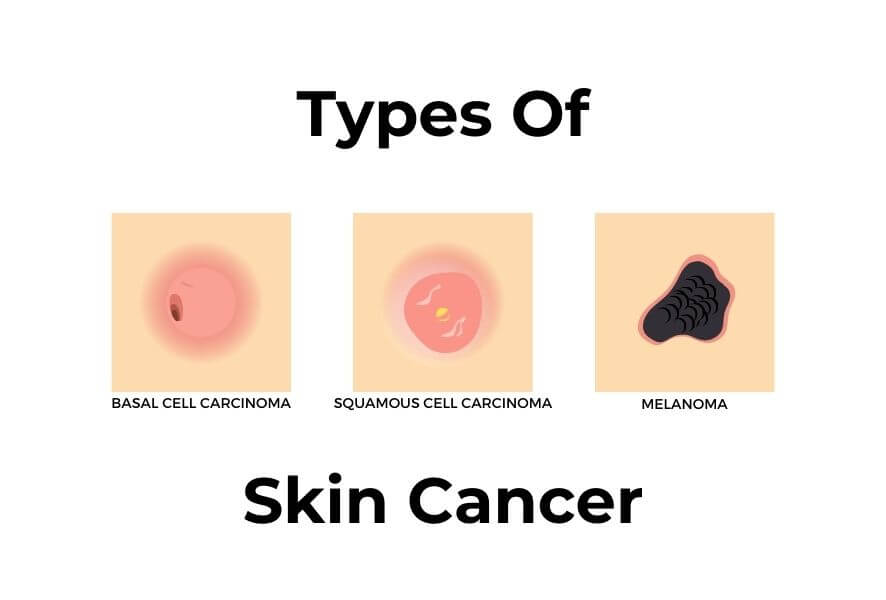What Should I Expect During Skin Cancer Screening?
The Importance of Regular Skin Cancer Screenings
Skin cancer is the most common type of cancer, and its incidence is on the rise. While this is alarming, the good news is that epidermal cancer is highly treatable when detected early. This is where regular skin cancer screenings come into play.
Epidermal cancer screenings are non-invasive procedures that allow dermatologists to examine your epidermis for signs of cancer. These screenings are essential for detecting skin cancer in its early stages when it is most treatable. At Cedars Dermatology, we check every inch of your skin, and our experienced eye can spot abnormalities that you may not even notice.
Understanding Skin Cancer: Types and Risks
There are three main types of skin cancer: basal cell carcinoma, squamous cell carcinoma, and melanoma. Basal cell and squamous cell carcinomas are the most common types of skin cancer and are often caused by cumulative sun exposure. Melanoma, while less common, is the most dangerous type of skin cancer due to its ability to spread to other organs if not detected early.

Risk factors for epidermal cancer include excessive sun exposure, a history of sunburns, a family history of epidermal cancer, a large number of moles, and a personal history of epidermal cancer. It’s important to note that while these factors increase your risk, epidermal cancer can occur in anyone, regardless of epidermis type, age, or sun exposure history.
What is a Skin Cancer Screening?
A epidermal cancer screening is a visual examination of your epidermis. It involves a thorough check of your entire body, including areas that are not typically exposed to the sun. During the screening, the dermatologist will look for any unusual moles, growths, or changes in your epidermis that could indicate epidermal cancer.
While the thought of a full-body examination may seem intimidating, the team at Cedars Dermatology conducts these screenings with the utmost professionalism and respect for your privacy. We will explain each step of the process, and ensure you feel comfortable throughout the examination.
Preventive Measures: Tips for Protecting Your Skin
In addition to regular skin cancer screenings, it’s important to take preventive measures to protect yourself from the harmful effects of the sun.
Firstly, always apply a broad-spectrum sunscreen with an SPF of 30 or higher, even on cloudy days. Reapply every two hours, or after swimming or sweating. Secondly, seek shade during the peak sun hours of 10 a.m. to 4 p.m., and wear protective clothing, such as wide-brimmed hats and long-sleeved shirts. Thirdly, avoid tanning beds as they emit harmful UV radiation that can increase your risk of skin cancer.
Remember, these measures are not just for those sunny summer days. It’s important to protect our skin all year round, as UV rays can still damage your skin on cloudy or winter days. With these preventive measures, and regular epidermal cancer screenings at Cedars Dermatology, you can keep your epidermis healthy and reduce your risk of epidermal cancer.
Book your screening today by talking to our team at our Dermatology Clinic Harley Street!

